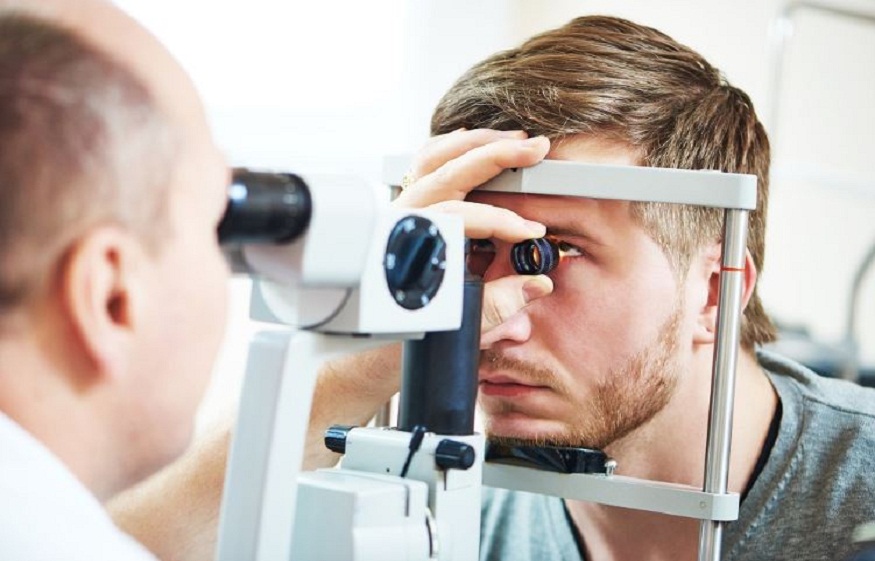Understanding Ophthalmologists’ Role In Vision Rehabilitation
Vision rehabilitation helps people regain and maintain their independence after vision loss. An ophthalmologist plays a crucial role in this process. They diagnose eye conditions and create treatment plans. One treatment, Lasik Hamilton, can correct vision problems. Ophthalmologists assess if someone is a good candidate for this procedure. They also provide post-surgery care to ensure the best results. Through their expertise, ophthalmologists guide patients on their journey to better vision.
The Foundation of Vision Rehabilitation
Vision rehabilitation begins with a thorough assessment. Ophthalmologists check for various eye conditions, such as glaucoma, cataracts, and macular degeneration. This assessment helps them understand the degree of vision loss and potential for recovery. With this information, they tailor a specific treatment plan.
Treatment Options and Procedures
Ophthalmologists have several tools and procedures at their disposal. They may prescribe glasses or contact lenses for refractive errors. Surgical options include cataract removal and corneal transplants. Each procedure aims to improve or restore vision.
| Condition | Treatment Option | Outcome |
| Refractive Errors | Glasses/Contacts | Improved Vision Clarity |
| Cataracts | Surgery | Restored Vision |
| Corneal Damage | Transplant | Vision Restoration |
Role in Education and Counseling
Ophthalmologists educate patients on maintaining eye health. They provide guidance on managing conditions to prevent further deterioration. This education includes tips like regular screenings and protecting eyes from harmful UV rays. Counseling sessions also help patients adapt to new visual realities.
More information on preventive eye care can be found on the National Eye Institute’s website.
Collaboration with Other Specialists
Vision rehabilitation is a team effort. Ophthalmologists often work with optometrists and vision therapists. These collaborations ensure comprehensive care. While ophthalmologists focus on medical and surgical treatment, optometrists address lens fittings. Vision therapists help patients with exercises to improve visual skills.
Monitoring Progress and Adjusting Plans
Ophthalmologists monitor progress through follow-up appointments. They assess improvements and adjust treatment plans as necessary. This ongoing care is vital in achieving optimal results. If a treatment isn’t working as expected, they explore alternative options. This adaptability ensures that the patient receives the best care possible.
Innovations and Future Directions
Advancements in technology have expanded treatment options. New techniques, like laser surgeries, promise faster recovery. Researchers are also exploring gene therapies to address genetic eye conditions. These innovations hold the potential for more effective treatments.
For the latest updates on research and eye health, visit the National Institute of Biomedical Imaging and Bioengineering.
Conclusion
Ophthalmologists play a vital role in vision rehabilitation. Their expertise ensures that patients receive accurate diagnoses and effective treatments. By educating patients and collaborating with other specialists, they provide comprehensive care. As technology advances, the field of vision rehabilitation continues to evolve, offering hope for improved treatments and outcomes.


Leave a Reply
You must be logged in to post a comment.